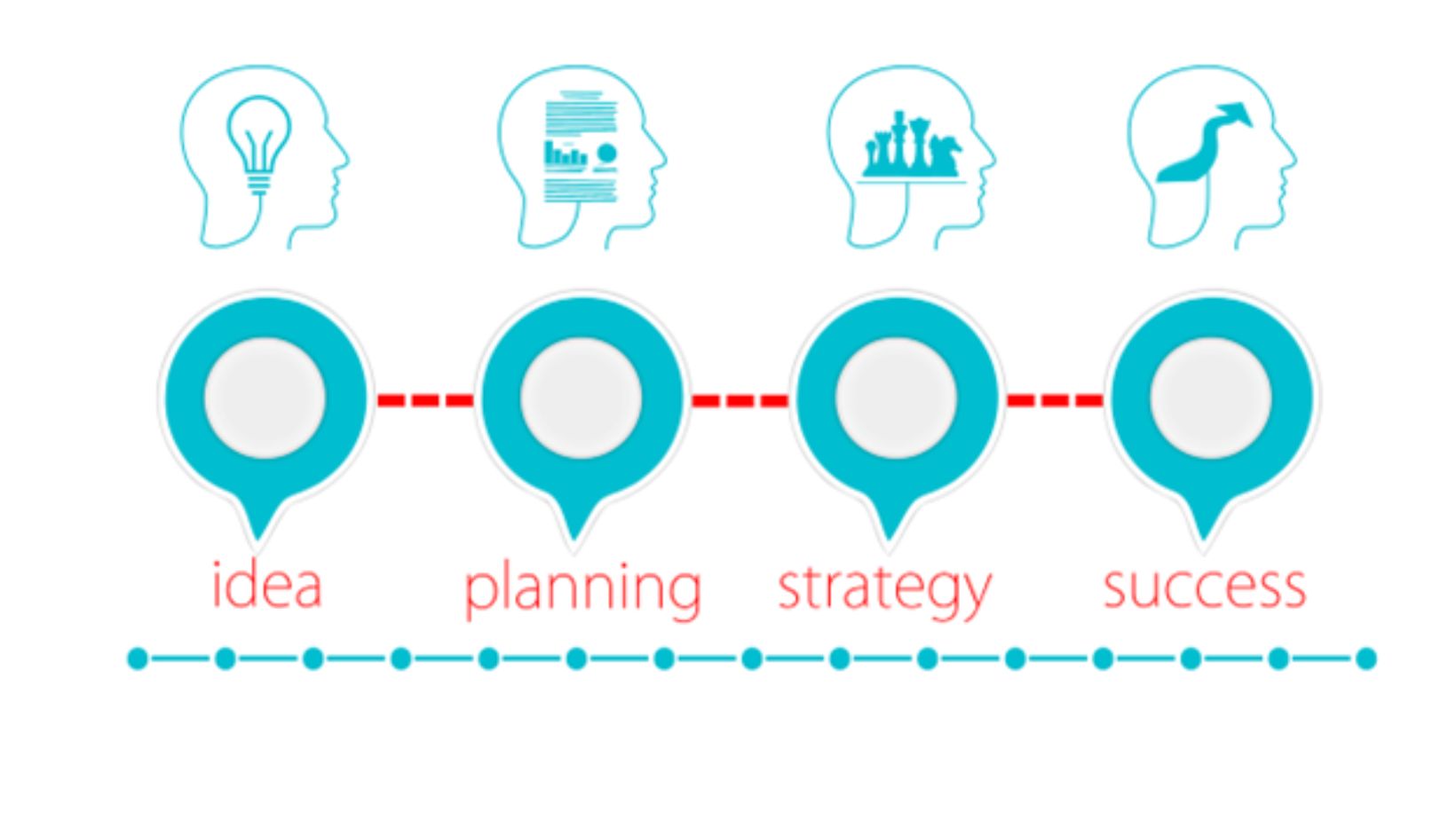Creating a business plan is an integral step when starting any new venture, yet its approach can differ widely depending on the industry and target niche you’re entering. While its basic framework remains similar, its contents will depend on which sector it pertains to. Be it accounting, coaching, or any other specific field, understanding its unique requirements is vital when creating an impactful business plan tailored toward it.
In this article, we explore crafting tailored business plans for a few specific sectors.
Understanding the Accounting Industry: Laying the Groundwork for Financial Success
Accounting is built upon precision, trust, and an in-depth knowledge of complex financial systems. Accountants play an essential role in providing businesses and individuals alike with guidance toward financial security and growth, from tax management to offering advice. Your business plan needs to reflect this core philosophy so potential clients are confident in your ability to take care of their finances.
An effective accounting business plan should begin by thoroughly understanding your target market, be that small businesses, individuals, or corporate clients. Once you know who it will be for and have defined your niche within accounting services, tools to streamline work processes and enhance client offerings are key components. For example, accounting software has become essential in modern accounting businesses to reduce errors quickly while working more efficiently. It doesn’t matter if you run a small business; investing in accounting software for small business operations is equally as important as investing in one for a big corporation. Make sure to go for reputable and high-quality software, as your reputation and success depend on it.
Coaching Business Plan: Nurturing Growth and Building Client Relationships
Coaching services have grown increasingly popular over time, from life coaching to business mentoring. Coaching’s primary function lies in personal development and transformation, leading clients toward their goals by using experience, expertise, and a personal touch. When creating your coaching business plan, it’s crucial that you emphasize both its benefits and any unique approaches taken toward clients.
The first step to becoming an effective coaching service provider is understanding the coaching landscape and all its niches. Do you specialize in executive, career, or personal life coaching services? Once your target market has been identified, services can then be customized accordingly.
To effectively provide coaching services, a coaching platform is necessary in order to engage clients, track progress, and communicate. You may choose an all-in-one coaching platform or develop custom solutions. Either way, incorporating technology will play a pivotal part in your business plan.
Your business plan should also outline how you’ll market your coaching services. Will you create content to demonstrate your expertise or offer free webinars as ways of drawing in new clients? Consider ways you can add value upfront so as to foster trusting relationships and turn prospective customers into long-term clients.
Fitness Coaching: Crafting a Plan for Personal and Group Training Services
Fitness coaching requires a custom business strategy plan. With 45% of people actively trying to lose weight, more individuals need guidance to meet their health goals. Your plan should outline how you will deliver results-driven services to target audiences that need guidance in reaching these objectives.
Start by evaluating the market. Do you specialize in private sessions for individual clients or classes for larger groups? Your business plan should account for pricing strategies as well as strategies for acquiring new clients; offering both in-person and virtual coaching is becoming an increasingly attractive offering in the post-pandemic world.
As soon as your business plan is in place, consider which tools and equipment you will require in order to run efficiently. This should include fitness tracking software, client management systems, and possibly an online platform offering virtual workouts. These will all play an instrumental role in streamlining business processes while keeping clients engaged and making steady progress visible to all involved parties. Also, outline in your business plan any marketing strategies such as social media promotions, referral programs, or local outreach plans in which you’re engaged; they all contribute toward keeping clients satisfied!
Digital Marketing: Targeting and Engaging Clients in the Online World
Digital marketing is an ever-evolving niche that demands businesses be flexible and adaptive in order to be competitive. If you’re planning on starting up in this field, your business plan must prioritize flexibility and creativity, as the digital marketing sector encompasses services like SEO optimization, content creation, and social media management, among others.
As a digital marketer, your business plan should start by outlining which services and niche markets you plan to target. Your target audience plays an integral part in shaping your strategies. For instance, working with small businesses means accommodating their budgetary constraints, while corporate clients could require an extended multichannel approach.
Your business plan should also address the tools and platforms necessary for running an efficient digital marketing business. From investing in social media management tools to advanced analytics platforms, having access to appropriate tools will enable you to monitor campaigns more closely while producing tangible results.

Don’t forget to include an approach for staying current with digital marketing trends while remaining competitive by including strategies on adaptability for staying informed of any alterations that arise; doing this ensures your services stay at the cutting edge.
Event Planning: Organizing Success in a Competitive Market
Event planning can be an exhilarating, creative experience that demands meticulous organization, creativity, and an in-depth knowledge of client requirements. No matter whether it be corporate events, weddings, conferences, or anything in between, your business plan should highlight how you will manage logistics, budget constraints, and client expectations and meet any additional client requests that arise during the planning process.
The first step to becoming an event planner: identify your target market, whether corporate clients, brides and grooms, or non-profit organizations looking for fundraising events. Your business plan should outline which services and prices will be provided, as well as establish relationships between vendors, venues, and suppliers in order to run an efficient yet cost-effective event planning operation.
Technology will play a central role in your event planning business, from event management software and virtual meeting platforms to AV equipment rental in Orlando and tools such as event registration services. Include these technologies and resources as essential parts of your plan, as well as any marketing strategies designed to attract clients while building lasting reputations.
Bottom Line
Establishing a targeted business plan tailored to your niche industry is critical for its success. By understanding the individual demands of each industry, you can design strategies tailored specifically toward target markets in these niche markets. Your plan must demonstrate how your tools, platforms, and techniques will distinguish you while adding unique value for clients. Through careful strategic decision-making, your business will position itself for long-term growth and success!





